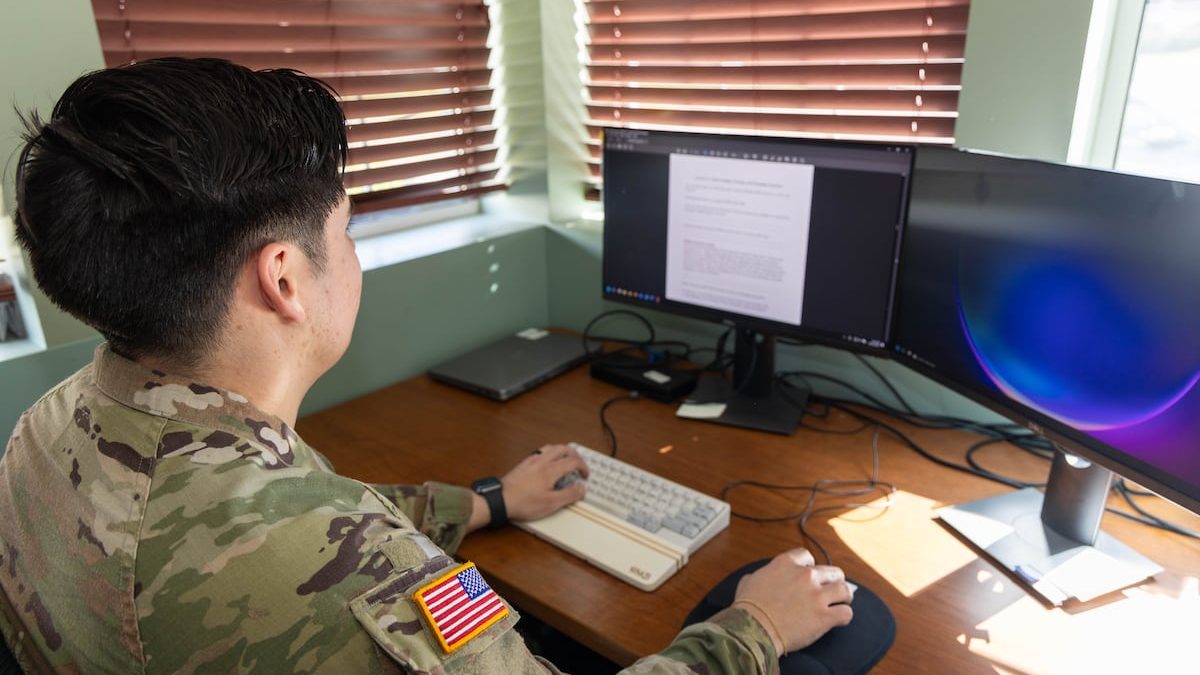Shortly after taking his post as Army Chief of Staff, Gen. Randy George issued a directive to commanders — if it doesn’t add to war fighting, ditch it.
This week, changes to a cumbersome Army regulation on training have reinforced the chief’s guidance in writing. A list of 27 mandatory training items has been cut to 16 under the updated Army Regulation 350-1.
The regulation was last updated in 2017, according to the Army Publishing Directorate.
Commanders now have the discretion to shed training in various areas, such as chemical, biological, radiological and nuclear, or CBRN; combat lifesaver, safety and occupational health; law of war; code of conduct; and online training courses in survival evasion resistance and escape, or SERE, and personnel recovery.
Those training modules will remain available when needed, but commanders can choose whether to include them in unit readiness, depending on their mission set, Command Sgt. Maj. Chris Mullinax told reporters in a Tuesday phone interview.
“What our Army senior leaders are trying to do is make sure that they have as much time available so that they can focus on those things,” Mullinax said. “There’s no distractions, there’s no burdens and our war fighters are focused on war fighting and that is absolutely tough, realistic training in the field.”
Additionally, resiliency training has been removed entirely from the list of training tasks necessary for readiness. The training instructed troops on stress-coping measures for everything from individual challenges to dealing with family stress during deployments.
Soldiers still must complete required training for mission-specific tasks, such as soldiers holding CBRN billets within formations.
The move, senior leaders hope, will buy back time for commanders to focus on more relevant tasks and training. It should also free up time for soldiers.
While soldiers were not expected to complete online training on their own time, many often did spend hours during evenings and weekends completing lengthy online courses, Mullinax said.
The service cut nearly 350 hours of online training last year, which were part of promotion requirements prior to the change.
The training, “Distributed Learning Courses I-VI” were discontinued in May 2024. At the time, Sgt. Maj. of the Army Michael Weimer said the redundancies in the learning plans put an excessive burden on soldiers that was unnecessary.
“…there is only so much time during the day to do your job, for your personal development, and for your family,” Weimer said in a statement at the time.
Todd South has written about crime, courts, government and the military for multiple publications since 2004 and was named a 2014 Pulitzer finalist for a co-written project on witness intimidation. Todd is a Marine veteran of the Iraq War.
Read the full article here


